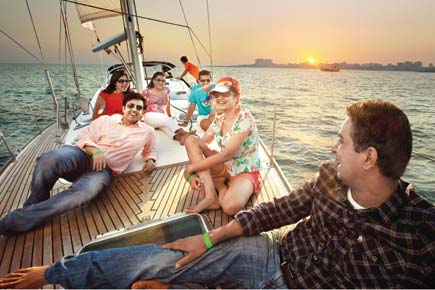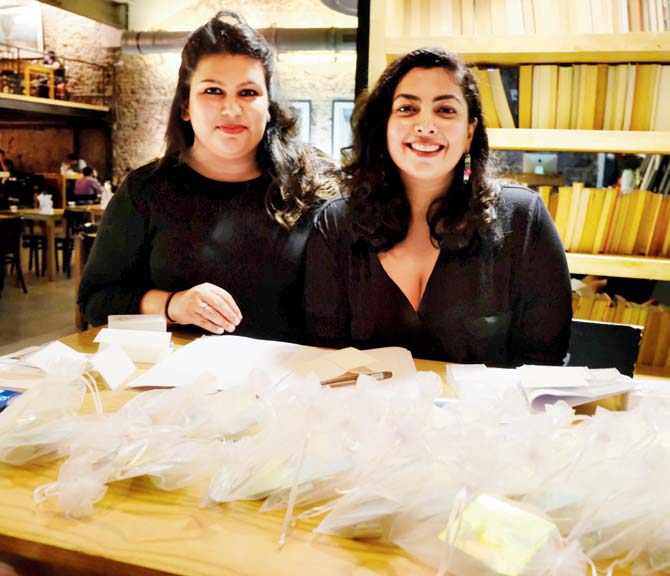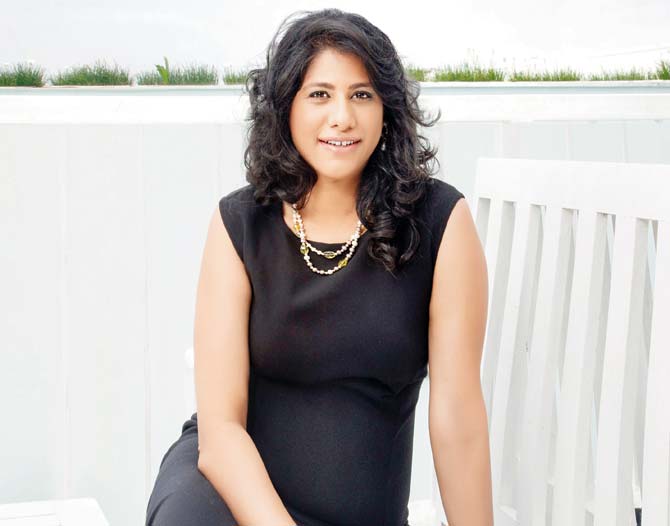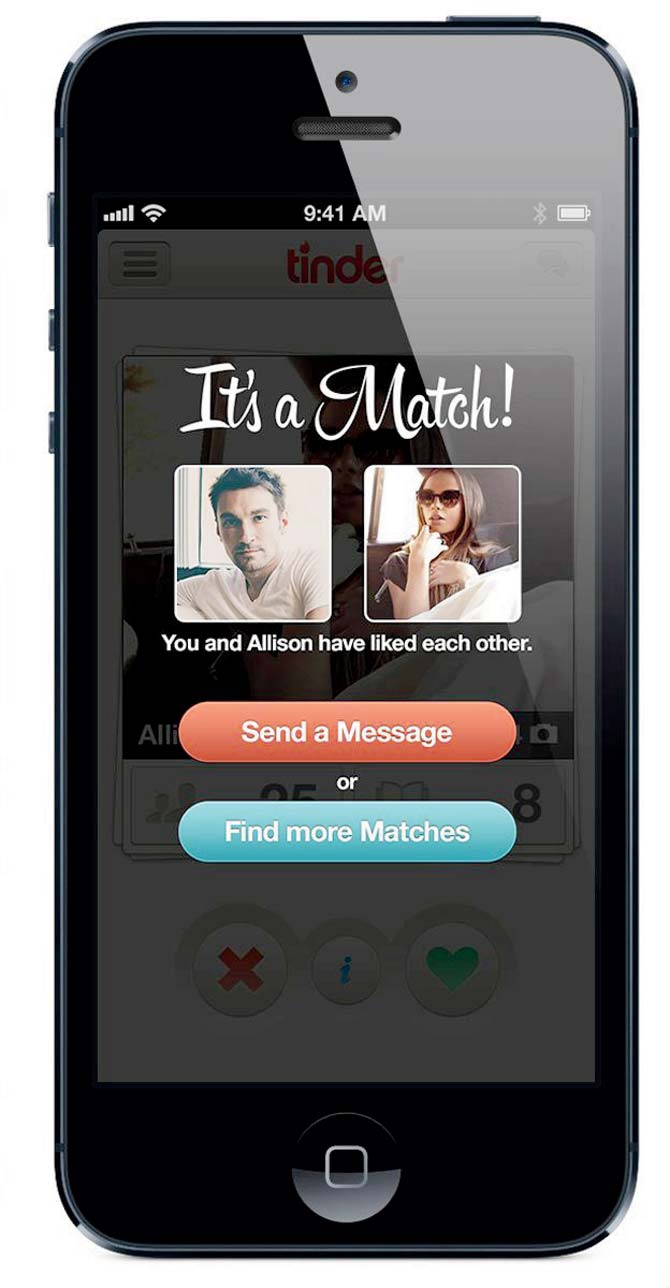Offline curated events are still beating dating apps at offering singles in the city a chance at finding love in an attention-deficit, digital age


ADVERTISEMENT
A few weeks ago, Cafe Zoe in Lower Parel played host to a buzzing party. But it wasn't just any party - it was a meet-up for singles in the city. "Initially, people kept to themselves, but after a few drinks, everyone loosened up. Some hit it off and ended up planning follow-up dates that night," says Shaan Khanna, co-founder of the newly minted Aphrodite Singles Club.

Shaan Khanna, Nitya Arora
Khanna and her friends, Hannah Stromgren and Nitya Arora, were recently lamenting how difficult it was to find a partner through dating apps like Tinder. "A friend shared a horror story about being duped by a married man. That's how we came up with the idea for Aphrodite two months ago," says Stromgren.

Hannah Stromgren
Considering the success of their first event, which was supposed to have around 25 guests but ended up attracting over 100, it's safe to assume there are takers for the concept. But how well do such platforms work when it comes to finding love?
Open for business
Several players capitalised on the potential of the singles' networking space years ago. Footloose No More was among the first to arrive on the scene back in 2009, offering singles a chance to network at events and possibly find a life partner in the bargain. Others like Sirf Coffee and Floh popped up around the same time, following slightly different formats, but offering the same opportunity.

Simran Mangharam
ekCoffee, launched in June 2016, is an app that lets users book a spot and attend offline events with potential dates. As recently as a week ago, another offline platform made its appearance on Facebook. Called Heart and Soul, it has been started by SoBo resident Reemma Dalal, who wants to use a combination of singles' mixers and self-improvement workshops to help people find love. "You can't find a partner without first finding yourself," she believes.

Singles' platforms host events like mixers or sailing trips. Pic courtesy/Floh
What these platforms have in common is that they screen everyone who applies, and only after the applicant clears the background check is membership granted. Simran Mangharam, co-founder of Floh, shares that in the six years they have been around, they've received over 70,000 applications. "However, only 5,000 have made the cut because of our strict screening process, which includes a telephonic interview."

Dating apps like Tinder show you the picture of a person, and ask you to swipe right if you're interested
Every weekend, members meet at multiple experiential events that are organised in Mumbai, Delhi and Bengaluru. "When it comes to bonding with someone, shared experiences work better than big parties, because when you're cooking or hiking together, it's easier to strike a conversation," she adds.
A survey conducted by the platform earlier this year confirms this. Over 88 per cent of 379 respondents said they would like to meet their partner through an activity they enjoyed doing. Moreover, over 76 per cent said that when being introduced to other singles, the authenticity of the profiles is of the highest importance.
Does it work?
It was in 2013 that Tinder, a dating app headquartered in the US, made a grand entry in India, almost instantly captivating the urban youth. Mangharam, however, says that rather than hindering them, dating apps have only catapulted their platform to new heights.
Clinical psychologist Seema Hingorrany explains why this might be. "Today's urban professionals are wary of arranged marriages. When that option is out, they start wondering where to look for a partner. Dating apps are one alternative, but many of my clients who have used them in the hope of getting into a serious relationship were thoroughly disappointed. These apps are also risky because you're investing not just time and energy, but also money [if you go on multiple dates], only to find out later that the person has lied about who they really are. So, singles' clubs and networks seem like the safer option," she explains.
Floh's survey showed people don't trust the online space, with close to 77 per cent of 263 respondents agreeing that an individual's online persona differs vastly from what they're like in real life.
This doesn't mean singles' networks are without their pitfalls. With many having mushroomed in the last few years, it's hard to figure out which ones will help you find success, especially when signing up for membership requires you to put down a hefty subscription fee.
Take, for instance, the stats that Sirf Coffee offers on the home page of its website. Of 6,439 dates they've set up for members, 61 per cent (3,928) have turned into second dates. That's not too bad, but here's where it gets disheartening. Only 234 of these dates have led to marriage. That's a success rate of 5.9 per cent.
But this hasn't deterred the founders of any of these platforms from playing Cupid. The ladies behind Aphrodite are already in the process of planning their next event, slated for September 27. "It will be a fun and casual karaoke night. After this one, we're also planning other activities like bowling, as well as something for the LGBT community," says Khanna excitedly. After all, isn't everyone in it to find love?
 Subscribe today by clicking the link and stay updated with the latest news!" Click here!
Subscribe today by clicking the link and stay updated with the latest news!" Click here!







